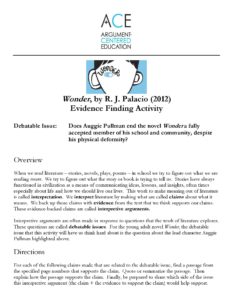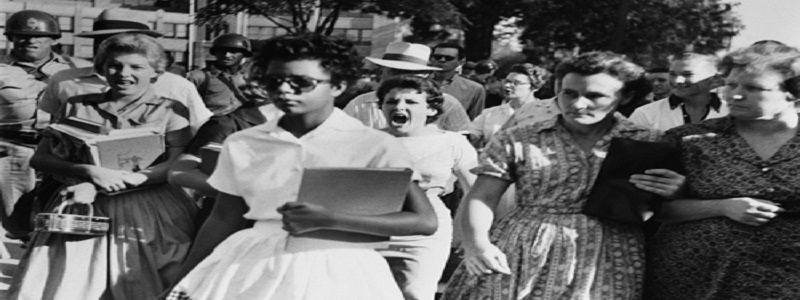Setting Aside the Circus: Using Argument Analyzers to Study the 2016 Presidential Debates
“It’s a total mess,” said Brent Wathke, sitting in his humanities classroom at DeLong Middle School, in Eau Claire, Wisconsin. “Honestly, I can’t wait until it’s over.” Mr. Wathke is one of countless teachers across the country who have anguished over the dark and sometimes shocking tone of the presidential campaign. Like many, he has searched for ways to talk about it in class. Some teachers are planning mock debates before the election; others, like Mr. Wathke, fear that the format could invite students to spout insulting rhetoric.
— New York Times, October 19, 2016, p.A10
We feel your pain. The presidential debates this election cycle have often been a lot like the broader campaign itself: ugly, non-substantive, insult-centric, rancorous, and inappropriate for minors. Despite our work with schools on debating and argumentation in the classroom, we get why many educators have written off the presidential debates as a productive field for civics teaching and critical thinking practice and development.
‘Game Change,’ Presidential Politics, and the Use of Guided Reflection Questioning
As part of our work with schools to take an argument-centered approach to the election season and the civics and history implications it has we are working with a partner high school on a unit on the definitive account of the 2008 campaign cycle and the election of Barack Obama, Game Change, by John Heilemann and Mark Halperin.
The primary issue that our argument-centered unit revolves around is:
What is the most important factor in being elected President in modern American politics?
An Example of Analytics on a Refutation Activity in a Unit on the Little Rock Nine
Overview
Timely, detailed, standards-referenced feedback is a teacher practice that credible, persuasive research demonstrates can effect dramatic results on student learning and academic performance (see, for example, Hattie, J., & Timplerly, H. (2007). “The Power of Feedback,” Review of Educational Research, 77( 81), 81–112; Hattie, J., Fisher, D., Frey, N. (2016), “Do They Hear You,” Educational Leadership, 7 (73), 16-21). Argument-Centered Education recommends producing what we call “analytics” in response to student formative assessments of argumentation skills. Analytics should identify patterns in student understanding, identifying leverage points for student growth, and they should isolate individual student work samples to demonstrate current proficiencies, and ways to accentuate these, and deficiencies, and ways to redress these, relative to specific performance criteria.
‘Wonder’ and Evidence Finding
One of our partner middle schools is doing a unit on R. J. Palacio’s 2012 young adult novel, Wonder, winner of multiple accolades, including the 2015 Mark Twain Reader’s Award. We designed an argument-centered culminating project around the Evidence Finder Activity.

Disrupt the Debate! A Twitter Activity on the 2016 Presidential Debates
Overview
The word “disrupt” had until fairly recently a strictly negative connotation. A business strategy could be disrupted by political unrest in a trading partner country; a classroom could be derailed by a disruptive student. While those meanings haven’t been erased, the 21st century has introduced a positive meaning of disrupt: to break through calcified tradition or habit in order to make room for new voices or influences. In this activity students are going to use Twitter to inject their fresh voice into the presidential debates, which can be seen as somewhat self-sealed, media-manufactured events far removed from participatory democracy. Using Twitter to reflect on the presidential debates through an argument-related lens, students are going to disrupt the debates!






